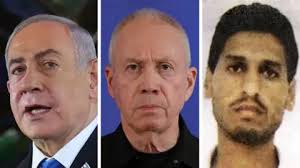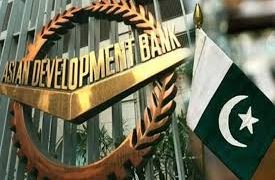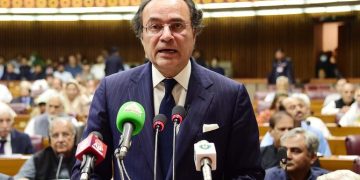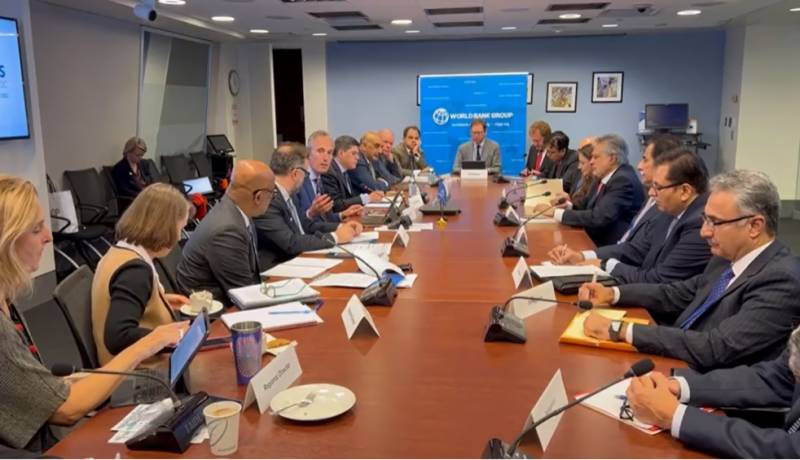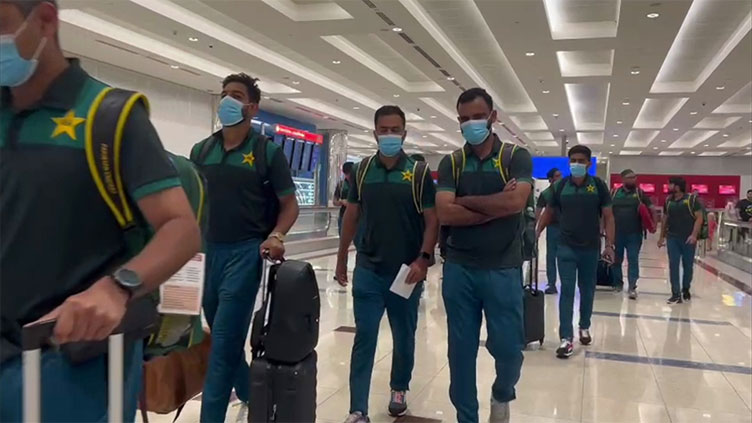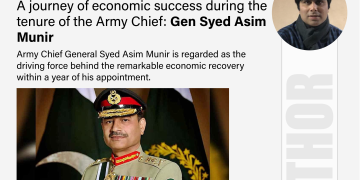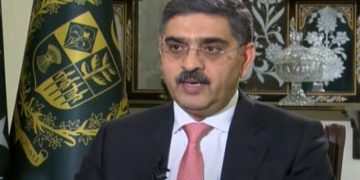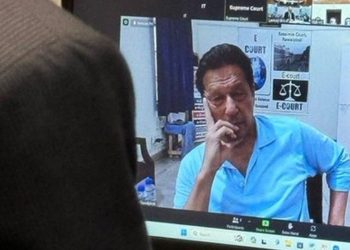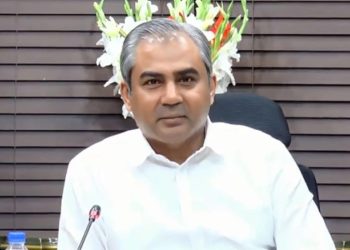WEB DESK
Director General Inter-Services Intelligence (ISI) Lt Gen Nadeem Anjum said that it is not possible that you can meet Army Chief General Qamar Javed Bajwa in the night and then call him a ‘traitor in the day’.
The DG ISI unveiled the information in a press conference flanked by Director General Inter-Services Public Relations (ISPR) Lieutenant General Babar Iftikhar on Thursday.
The two were addressing the media on the death of senior journalist Arshad Sharif in Kenya.
On the occasion, DG ISI said that, “If the commander-in-chief is a traitor then why did you meet him in hiding?”
“Meeting [him] is your right but it cannot be possible that you meet at night and call [him] a traitor in the day,” asked the DG ISI.
The ISI chief made an unprecedented appearance during today’s press conference, it was the first time ever this has happened.
In this regard, he said that, “I am aware that you are surprised by my presence,” adding that he had appeared for his institution and the officers who were sacrificing their lives.
“As chief of this agency, I cannot remain silent when they are targeted for no reason,” he added.
Lt Gen Nadeem Anjum while expressing that the nation had given him the responsibility to take secrets to the grave said that, “But when needed and when necessary, I will bring those facts to light”.
Furthermore, DG ISPR Lieutenant General Babar Iftikhar said that the purpose of the media talk was to shed light on the killing of journalist Arshad Sharif and the circumstances surrounding it.
This press conference is being held in the context of presenting facts so that “facts, fiction and opinion can be differentiated”, he said, adding that Prime Minister Shehbaz Sharif had been “specially informed” about the sensitivity of the press conference.
It is necessary to determine the factors due to which a particular narrative is being built and people are being misled, he said.
Lt Gen Iftikhar said that Sharif’s death was a “very tragic incident”. He called the senior journalist an icon of Pakistani journalism, a martyr’s son and a martyr’s brother and a serving officer’s brother-in-law. His programmes will be seen as a role model for journalists, he added.
General Iftikhar went on to say that Sharif s popularity was based on being an investigative journalist and when the cypher surfaced, he conducted several programs on the issue.
He held several meetings with the former premier and interviewed him, the DG ISPR said. “As a result, it was stated that he was shown meeting minutes and the cypher.”
The facts behind the cypher and Sharif s death have to be determined, he said.
Talking about the cypher, Gen Iftikhar said that the army chief had discussed it with Imran on March 11 when the latter had termed it to be “not a big thing”. “It was surprising for us when on March 27 a piece of paper was waved and an attempt was made to build a narrative that was far from reality.”
He said that several facts had come to light regarding the cypher revealing the “baseless and unfounded” narrative surrounding it. The ISPR informed the National Security Committee that no proof was found regarding the conspiracy against the PTI government, he said, adding that the Inter-Services Intelligence (ISI) also did not find any evidence regarding the conspiracy.
“This is all part of the record. We wanted to bring this to the public. And we left the decision to the-then government.”
However, this did not happen and more rumours were spread to gain political mileage, he said, adding that the Pakistan Army was also targeted.
Gen Iftikhar stated that the army was expected to intervene in domestic politics. “The word neutral and apolitical was turned into an abuse. To all this baseless narrative, the army chief and the institution showed restraint and we tried our level best that politicians sit together to resolve their issues.”
He noted that Arshad Sharif made strong comments regarding the army during this time but added that “we did not have any negative sentiments about him and we don t have such feelings now”.

